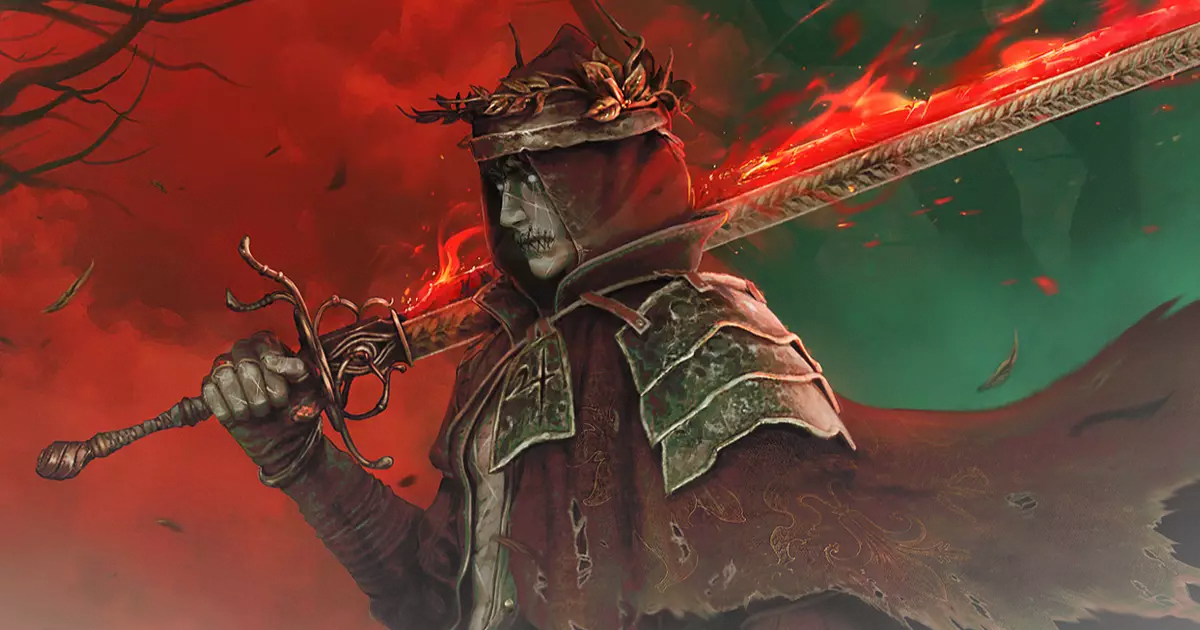The intersection of classical literature and modern gaming often results in a clash of expectations. Too frequently, adaptations are superficial, treating timeless works as mere inspiration for unimaginative action sequences or superficial visual spectacles. Yet, there lies an untapped potential for video games to serve as profound reinterpretations of literary masterpieces, transforming them into immersive, nuanced experiences that honor their depth while embracing innovative gameplay. The case of Jyamma Games’ upcoming project inspired by Dante Alighieri’s *Divine Comedy* exemplifies this paradigm shift. Rather than reducing Dante’s formidable poetry to a simple backdrop for hack-and-slash combat, the game aspires to deepen our engagement with the original themes—sin, redemption, morality—by weaving them into a layered, interactive universe.
While critics might dismiss such an endeavor as a frivolous attempt at literary desecration, the opportunity here is to re-envision these ancient texts through the lens of gameplay mechanics. The challenge is to resist the temptation to commodify Dante’s work into a mere exoskeleton for violence and instead create a narrative and systemic foundation that captures the profound metaphysical questions that the poem has long posed. This approach demands bold creativity, acknowledging that a successful adaptation should not just be aesthetically evocative but intellectually enriching, allowing players to grapple with the moral complexities and symbolic richness of Dante’s timeless journey.
Innovation as a Tool for Cultural Preservation and Reimagining
The allure of incorporating innovative gameplay features—such as customizable weapons, procedurally generated dungeons, and choice-driven narratives—serves not only as entertainment but as a means of engaging contemporary audiences with classical themes. In this context, the idea of “mining hell for loot” might seem trivial, but it reflects a broader cultural strategy: merging high art with interactive, player-driven experiences. Instead of perceiving Dante’s *Inferno* as a static literary artifact, a game could make it alive, fluid, and personal—inviting players to reflect on their own moral compass as they navigate the visceral landscape of sin and punishment.
Moreover, by allowing customizable paths and multiple endings based on moral alignment, such a game could foster deeper introspection. It transforms Dante’s universe from a rigid morality tale into a living, breathing inquiry into human nature. The game’s procedural elements—like dynamically generated dungeons representing the depths of each sin—offer endless replayability, mirroring the iterative process of moral self-examination. This is where video games can transcend their entertainment label and serve as a dynamic educational medium, deepening cultural literacy through interaction.
Reclaiming Literary Integrity Amidst Gaming’s Commercial Appeal
However, significant risks remain. The history of literary adaptations in gaming is marred by instances where artistic integrity was sacrificed for spectacle. Critics complain that mere visual fidelity or combat depth cannot substitute for intellectual substance. But dismissing these projects outright misses the real opportunity: to elevate the medium itself. As game developers increasingly embrace narrative complexity, there lies a duty to respect the source material’s depth, even in a genre known for its adrenaline-driven action.
Dante’s *Divine Comedy* is a monumental work that challenged the literary and philosophical paradigms of its time. To reimagine it as a video game requires a thoughtful balance—one where the mechanics serve thematic exploration rather than undermine it. Developers must resist the temptation to trivialize theological symbols or reduce Dante’s intricate allegories to mere gameplay hooks. Instead, they should use the interactive nature of games to encourage contemplation, dialogue, and a fresh appreciation of classic themes. When done successfully, this could redefine how we perceive both Dante’s work and the possibilities of storytelling within gaming.
The Future of Literary Video Games: A Promise of Cultural Renaissance
In a world saturated with superficial entertainment, investments in sophisticated adaptations of classical literature are not just welcome—they are necessary. They remind us that storytelling is an evolving art form capable of addressing the complexities of human existence through new and engaging formats. Whether through exploring sin’s corrupting influence or the redemptive power of artistry, a well-crafted game inspired by Dante could serve as a cultural bridge—an accessible portal into the soul-stirring themes of the Middle Ages for a new generation.
Ultimately, the success of such projects will hinge on their ability to innovate without diluting. They must elevate the original work, respecting its metaphysical weight while utilizing the unique affordances of game design. Only then can video games transcend their reputation as shallow distractions and become legitimate vessels for the profound truths rooted in our cultural heritage. The future of literary adaptation in gaming holds immense promise, provided developers chart a path that values artistic integrity as much as thrilling gameplay.

